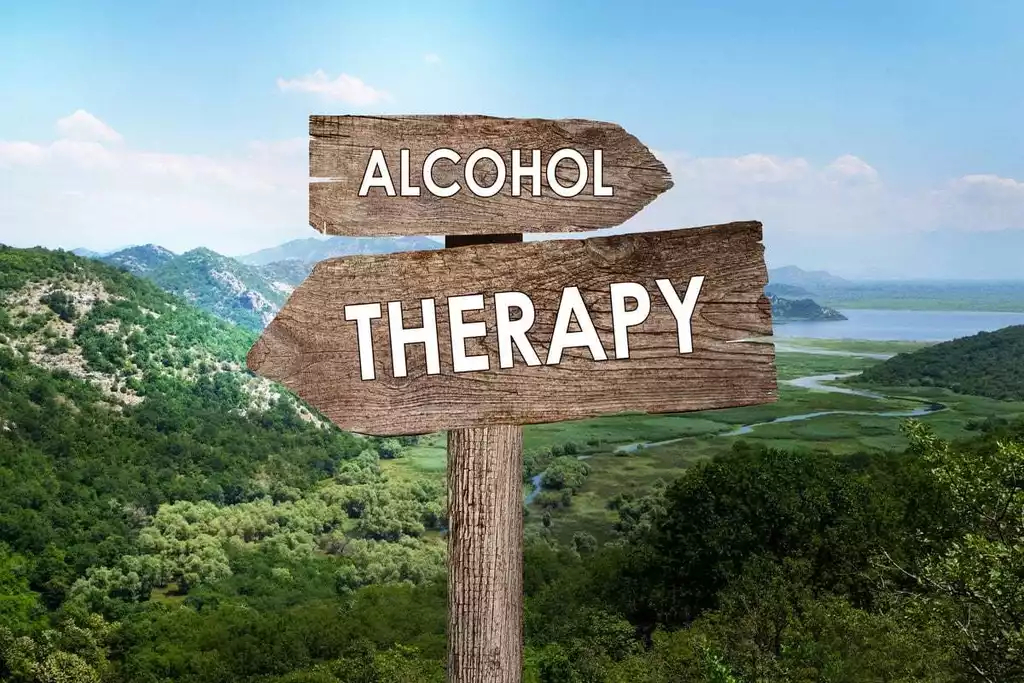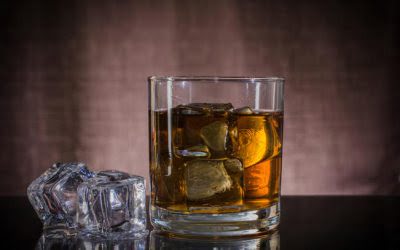Contents

Excessive consumption of alcohol, on the other hand, is correlated to numerous heart conditions. It is proven that overindulgent drinking can lead to things such as stroke, high blood pressure, and even cardiomyopathy. Alcohol can even be a cause of obesity, which is definitively not good for circulation and sometimes leads to heart failure. This can cause increased production of acid as well as limit your ability to get rid of bacteria. At the same time, the lining of your stomach can be damaged by the acid it contains, causing abrasion and swelling.


Those who suffer from alcoholism and do not receive alcohol addiction treatment are more likely to experience these issues and other problems in their liver, kidneys, and heart. Additionally, the high acidity in alcoholic beverages increases gastric acid production which can irritate the delicate stomach lining. Studies have found that since alcoholic beverages come in direct contact with the esophageal and gastric mucosae, they may cause direct mucosal damage. Think of alcohol as an irritant that inflames the delicate lining of the stomach and the esophagus.
However, with sober living houses, most healthy people recover within two to four weeks. Esophagitis refers to inflammation that damages the tube running from the throat to the stomach . Common symptoms of esophagitis include painful and difficult swallowing, as well as chest pain when eating. Although some common causes of esophagitis include backed-up stomach acid and infection, its causes and the condition itself can be aggravated by alcohol.
Medication for GERD
For example, if you have cocktails that are made with a citrus base (orange juice-screwdrivers; margaritas or daiquiris) or contain peppermint, chocolate, or coffee -they could be extra triggering to symptoms. GERD stands for “Gastroesophageal Reflux Disease.” This medical condition is commonly called acid reflux1. Pantoprazole mainly binds irreversibly and specifically to these proton pumps and reduces gastric acid secretion . Some people may notice that acidic foods don’t agree with them, but Ravi says there’s limited evidence that these foods increase acid secretion, and many heartburn patients do fine after eating them. Make sure that you have your drink at least 2-3 hours before bed time to prevent night-time reflux. It will also help if you stay upright during this time, so gravity can keep stomach acid where it belongs – in the stomach; not creeping up the esophagus.
Oral and intragastric administrations of ethanol do not increase gastrin release, whereas beer and red and white wines are potent stimulants of gastrin release and gastric acid secretion in humans . The effect of chronic alcohol abuse on gastric acid secretion still needs to be elucidated. Chronic alcoholics may have an enhanced, diminished, or normal acid secretory capacity (Singer et al., 1987; Chari et al., 1993).

There are quite a few discrepancies concerning how alcohol affects the heart, how much is too much, and whether or not it directly leads to heart disease. However, some people should probably avoid drinking in its entirety due to risks such as heart failure. You may experience motor skill impairments, mispronounced or slurred speech, decreased inhibitions, as well as many other issues after increasing your blood alcohol content. Just about any visuospatial aspect of a consumer’s cognitive ability will become impaired with increased levels of drinking. Excessive alcohol consumption, regardless of whether you have GERD, can lead to long-term health issues, including addiction.
Pantoprazole helps relieve symptoms such as acid regurgitation and heartburn and helps in the faster healing of lesions . For those who always experience acid reflux and heartburn after drinking, it may be best stop drinking entirely. For others, strategies that help with minimizing alcohol consumption may be more prudent. If you find that you can safely consume the occasional alcoholic drink, or that certain types of alcohol do not cause you symptoms, it may be possible to drink in moderation. However, your biggest approach to curbing acid reflux from these drinks is to enjoy in moderation.
Patients
There is a muscle at the junction of your esophagus and stomach called the lower esophageal sphincter . Some studies have shown that alcohol impairs the LES’s ability to contract, or close, which may cause regurgitation of acid back into the esophagus. Keep a diet journal of all the foods and drinks you consume, noting when you experience more severe GERD symptoms.
If you are a big drinker, you are also a big refluxer, albeit usually Silent Nighttime Respiratory Reflux. Such diagnostic method without an objective examination (e.g. esophageal pH monitoring) might affect the classification of the subjects. To sum up, the two subtypes of GERD have their own characteristics, and alcohol has different effects on them, which may be the source of the difference. There are a few ways that alcohol can affect your sexual and reproductive health.

Also, a relaxed LES results in erratic swallowing contractions, which contributes to GERD. Another observed risk factor for GERD is related to excessive alcohol consumption. Like with other lifestyle factors, however, the precise relationship between alcohol and GERD is not fully understood. Yet the consensus is that alcohol causes both inflammation of the stomach lining and impaired function of the lower esophageal sphincter.
Recommendations for lifestyle modifications are based on the presumption that alcohol, tobacco, certain foods, body position, and obesity contribute to the dysfunction in the body’s defense system of antireflux. There are also certain conditions of which heartburn is a common symptom, such as acid reflux and gastroesophageal reflux disease . GERD occurs when stomach acid frequently flows back up into the esophagus, which is the tube that connects your mouth and stomach.
The LES is a small ring of muscle that automatically opens and closes to allow food to enter the stomach and then prevent anything from moving back up into the esophagus. When drinking frequency was low, the esophagus would not be affected or it could repair the mild injury itself. Besides, the reflux caused by alcohol may not meet the diagnostic criteria of GERD. In dose–response analysis, there was a linear association between alcohol consumption and GERD. The analysis of drinking frequency and dose response provided further evidence for the positive correlation between alcohol consumption and GERD risk. Lying flat immediately after drinking can increase the risk that you’ll experience acid reflux at night.
Instead of drinking, go for a walk, listen to one of your favorite songs, read a book or do something else that you find calming. Alyssa who is the National Director of Digital Marketing, joined the Banyan team in 2016, bringing her five-plus years of experience. She has produced a multitude of integrated campaigns and events in the behavioral health and addictions field. Through strategic marketing campaign concepts, Alyssa has established Banyan as an industry leader and a national household name. Alcoholic beverages that are sugary, citrus, or carbonated can lead to heartburn. Because of the chemicals it contains, alcohol can directly irritate the tissues in the esophagus.
The Connection Between Alcohol Consumption and Acid Reflux
When this acid comes up, it can burn and irritate the lining of the esophagus, making it difficult to swallow. Individuals with naturally occurring acid reflux or other related diseases are more likely to experience throat problems from drinking alcohol. An occasional bout of acid reflux after eating a meal of fried or spicy food is a fairly common experience and isn’t usually a cause for concern.
- Tobacco use is linked to acid reflux and the development of GERD.
- Under normal circumstances, the tissue of the esophagus is smooth and pink.
- Some people also reported dizziness or muscle pain, but it was much less frequent (DailyMed, n.d).
- Increased alcohol consumption can lead to heartburn and stomach ulcers.
Alcohol consumption may increase symptoms of GERD and cause damage to the esophageal mucosa. In many cases, symptoms of GERD can be controlled after withdrawl of alcoholic beverages. So patients with symptomatic GERD are frequently recommended to avoid alcohol consumption or to consume moderate amount of alcohol.
When problems with the function of the LES continue to persist, it is considered a chronic condition and usually then classified as GERD. GERD is less common, but it still is estimated to affect around 20% of the population of the United States. If left untreated, GERD can lead to permanent esophageal damage and a variety of complications like Barrett’s esophagus, reflux esophagitis, an esophageal stricture, or even esophageal cancer .
Best Drinks for GERD Patients
It is also possible to find non-alcoholic beer and wine, but remember that the carbonation and/or acidity of these drinks may cause GERD symptoms even without alcohol. If you’re someone who enjoys alcoholic beverages but hates the after effects of acid reflux, schedule an appointment with CEENTA. Our team of ENT specialists can examine your condition and recommend treatment options best suited for you.